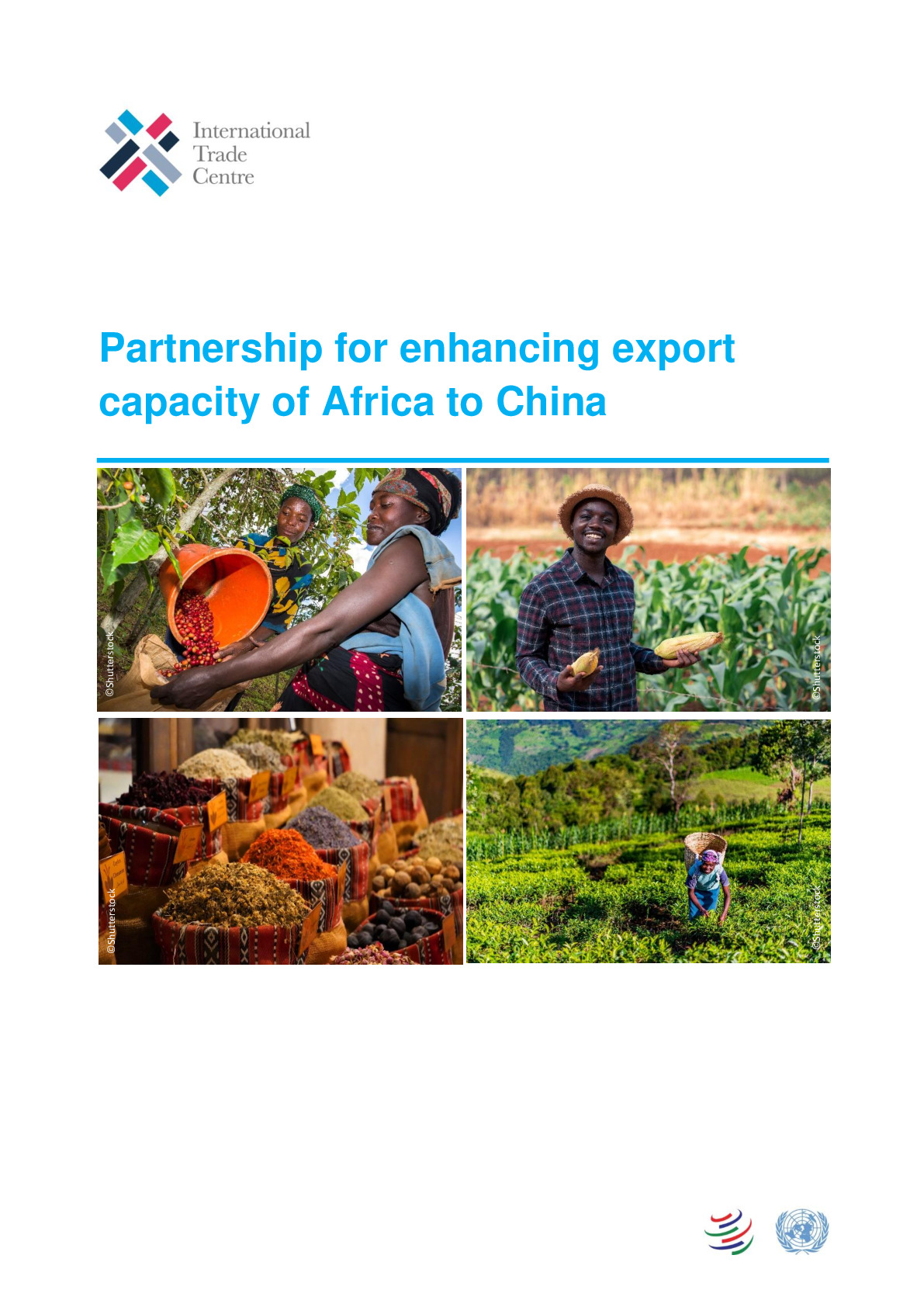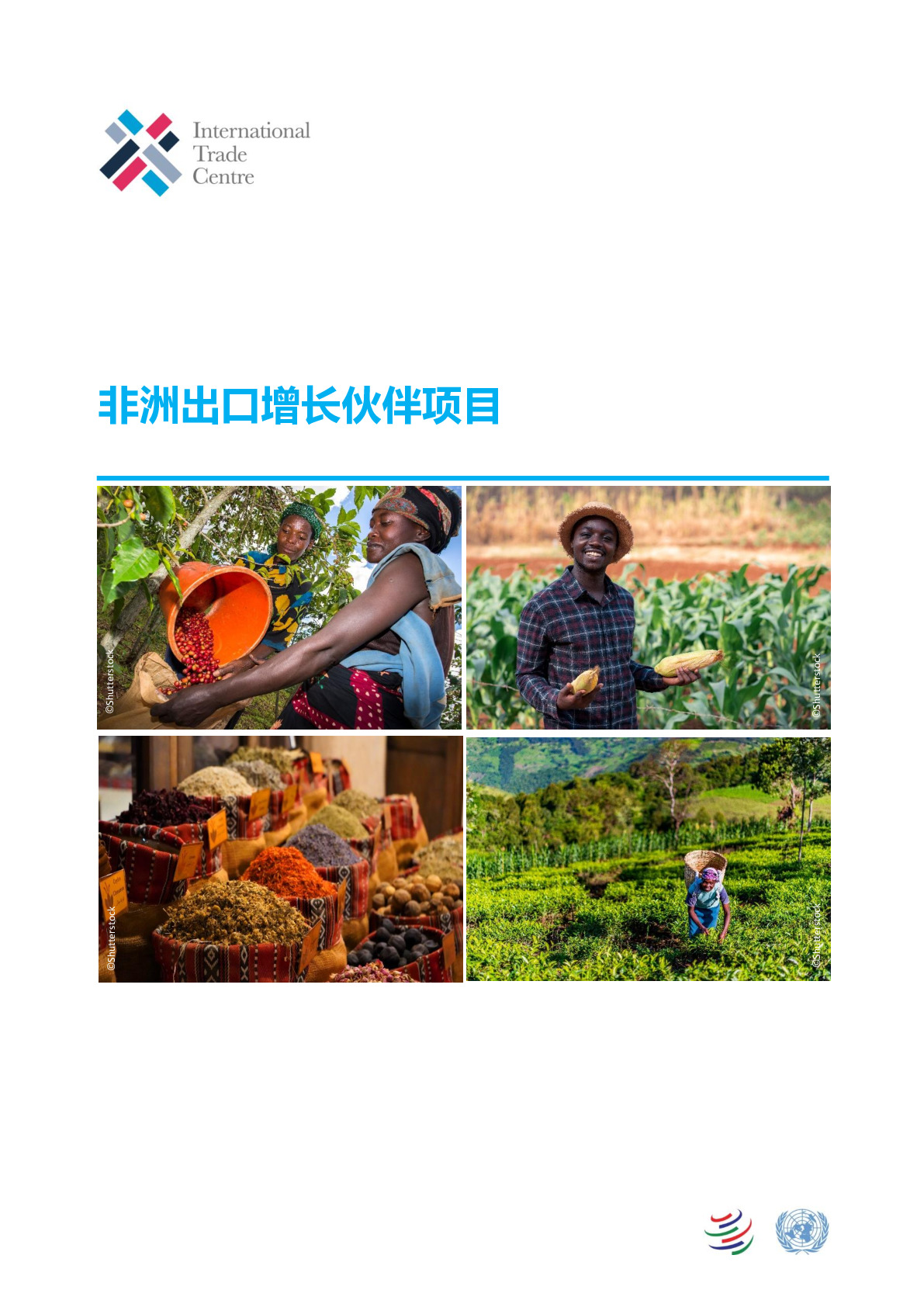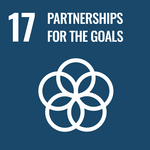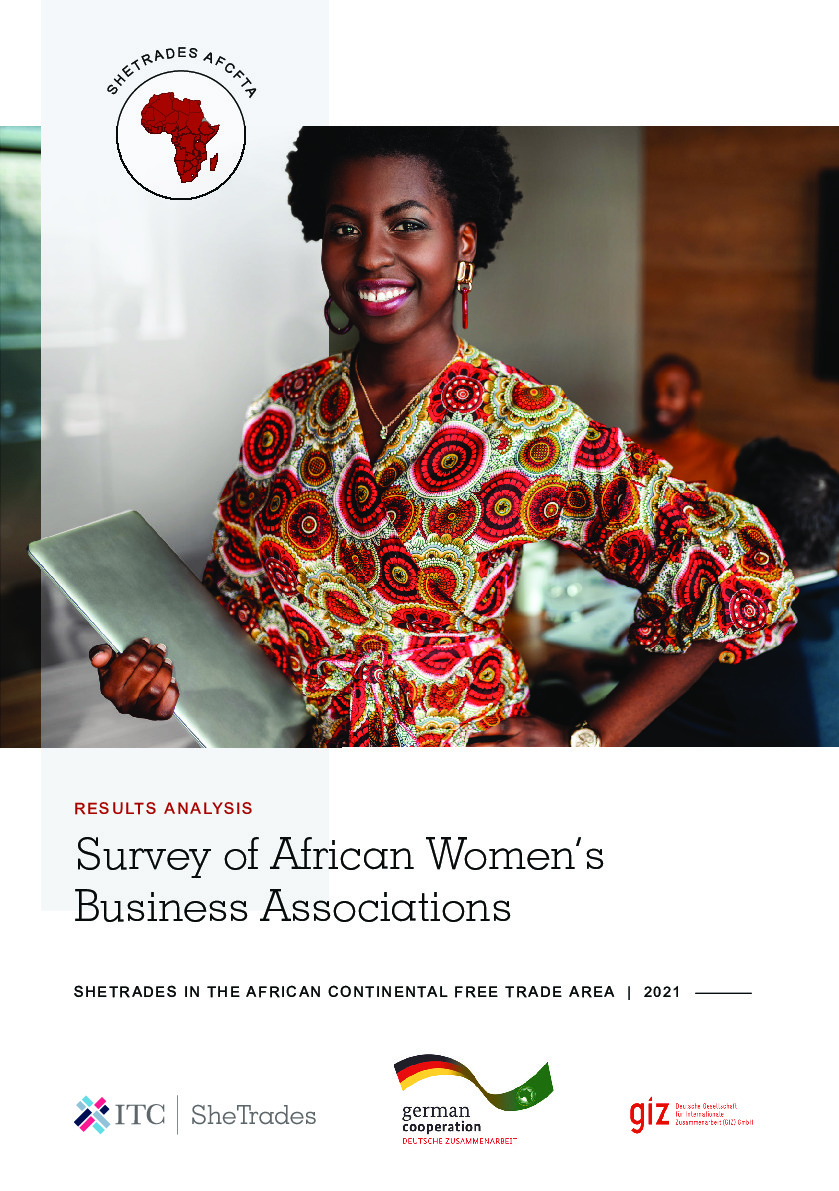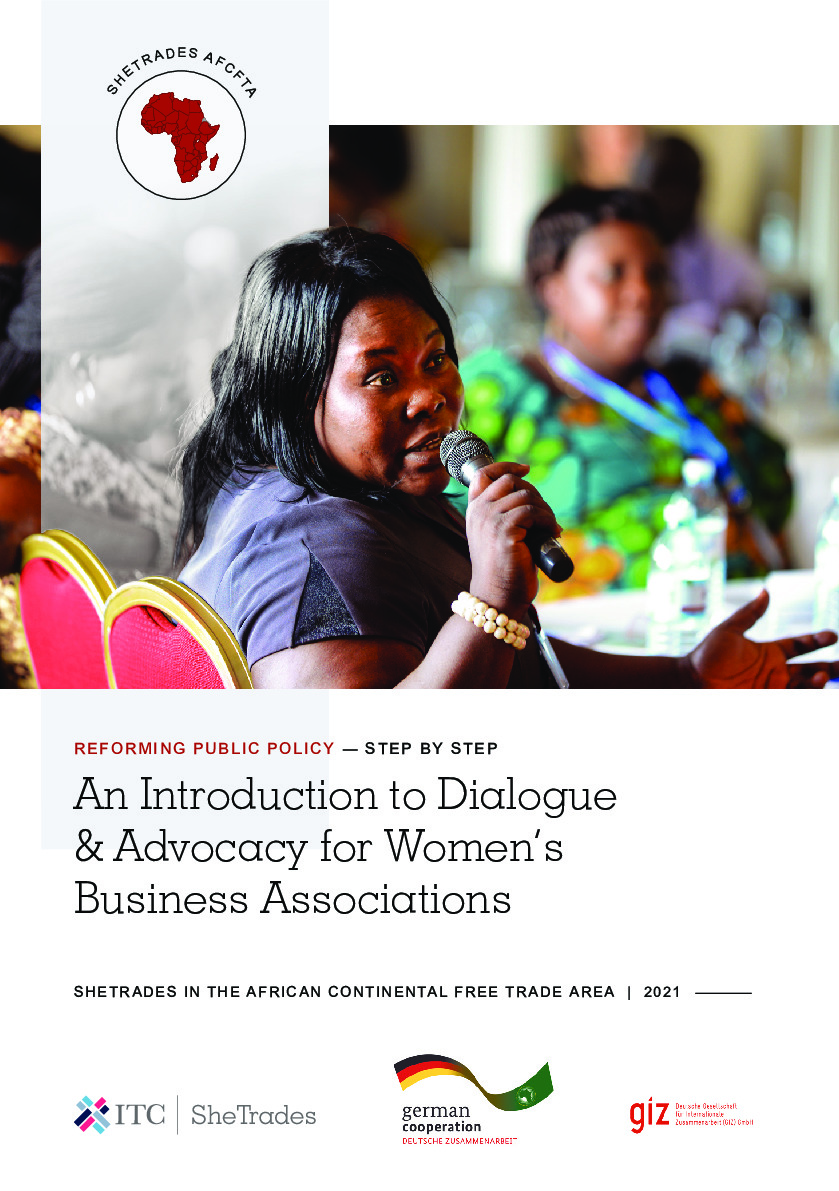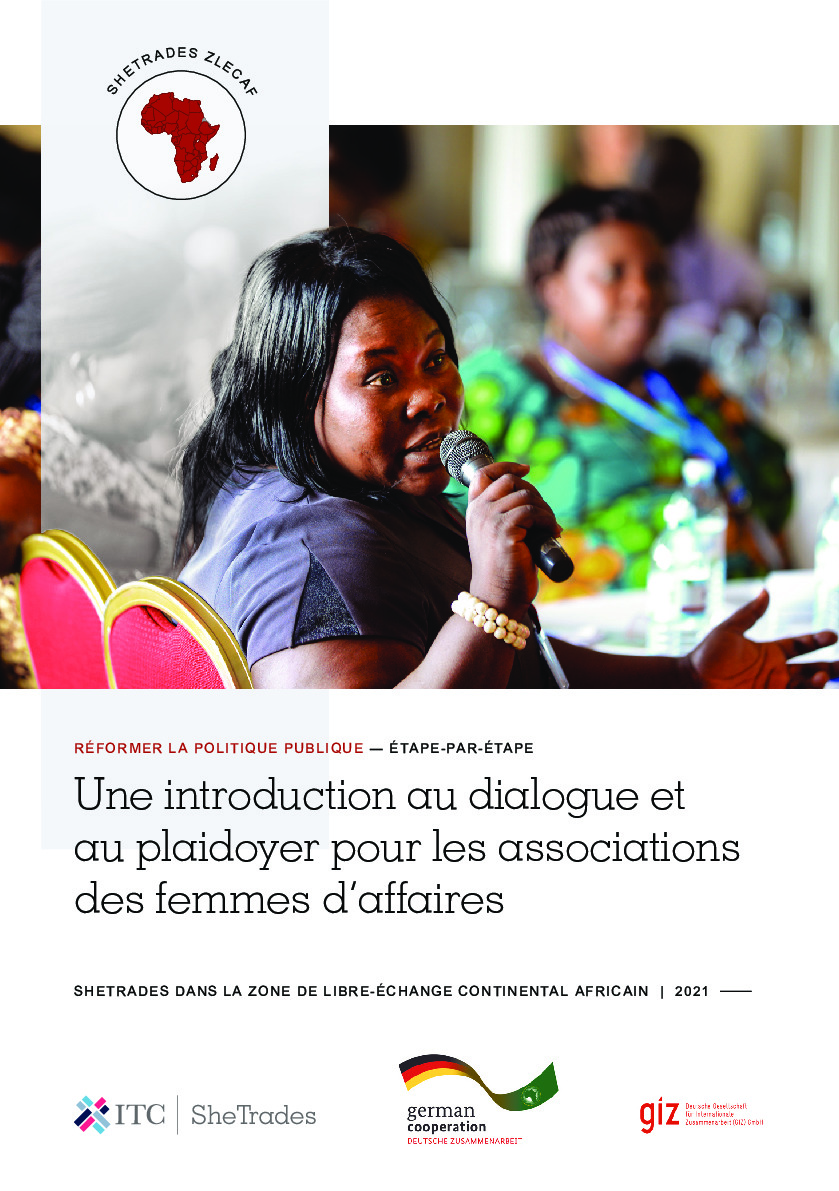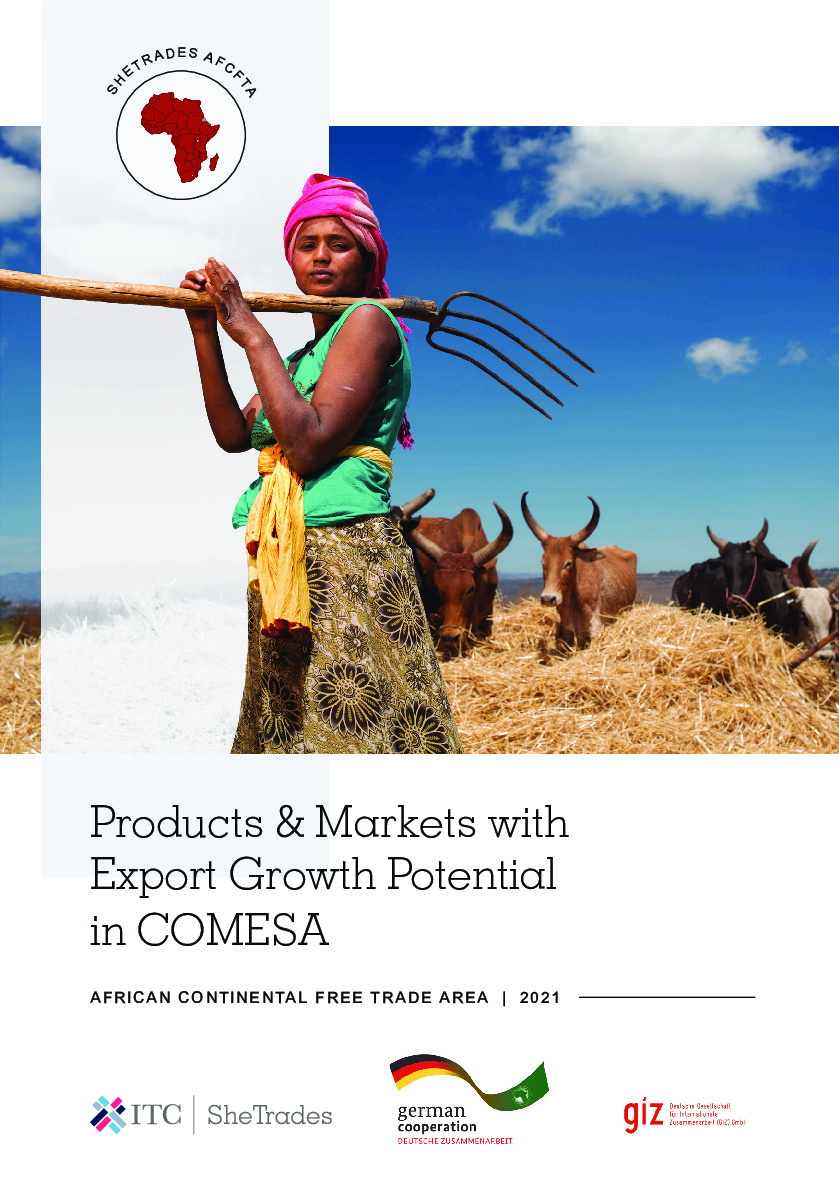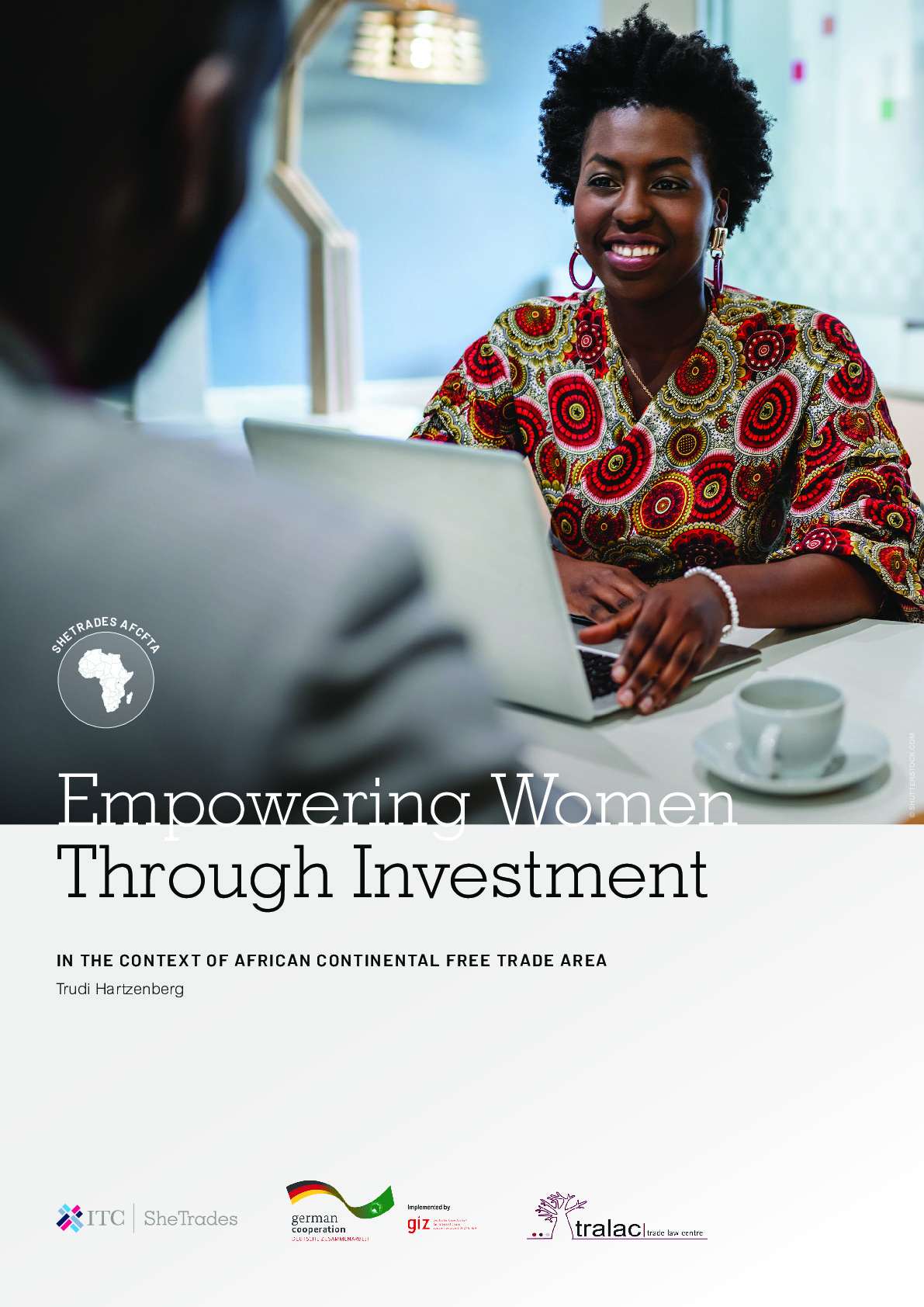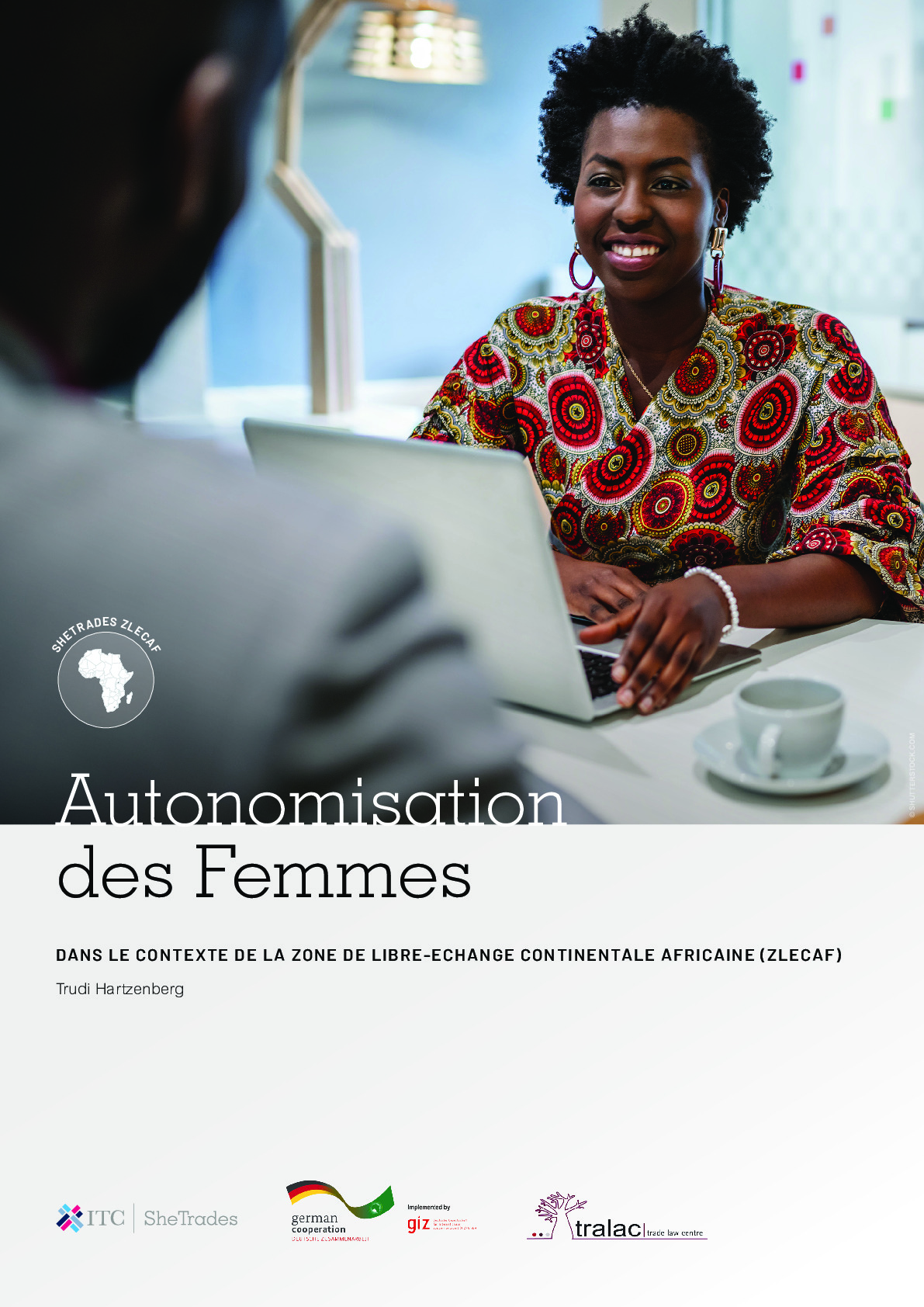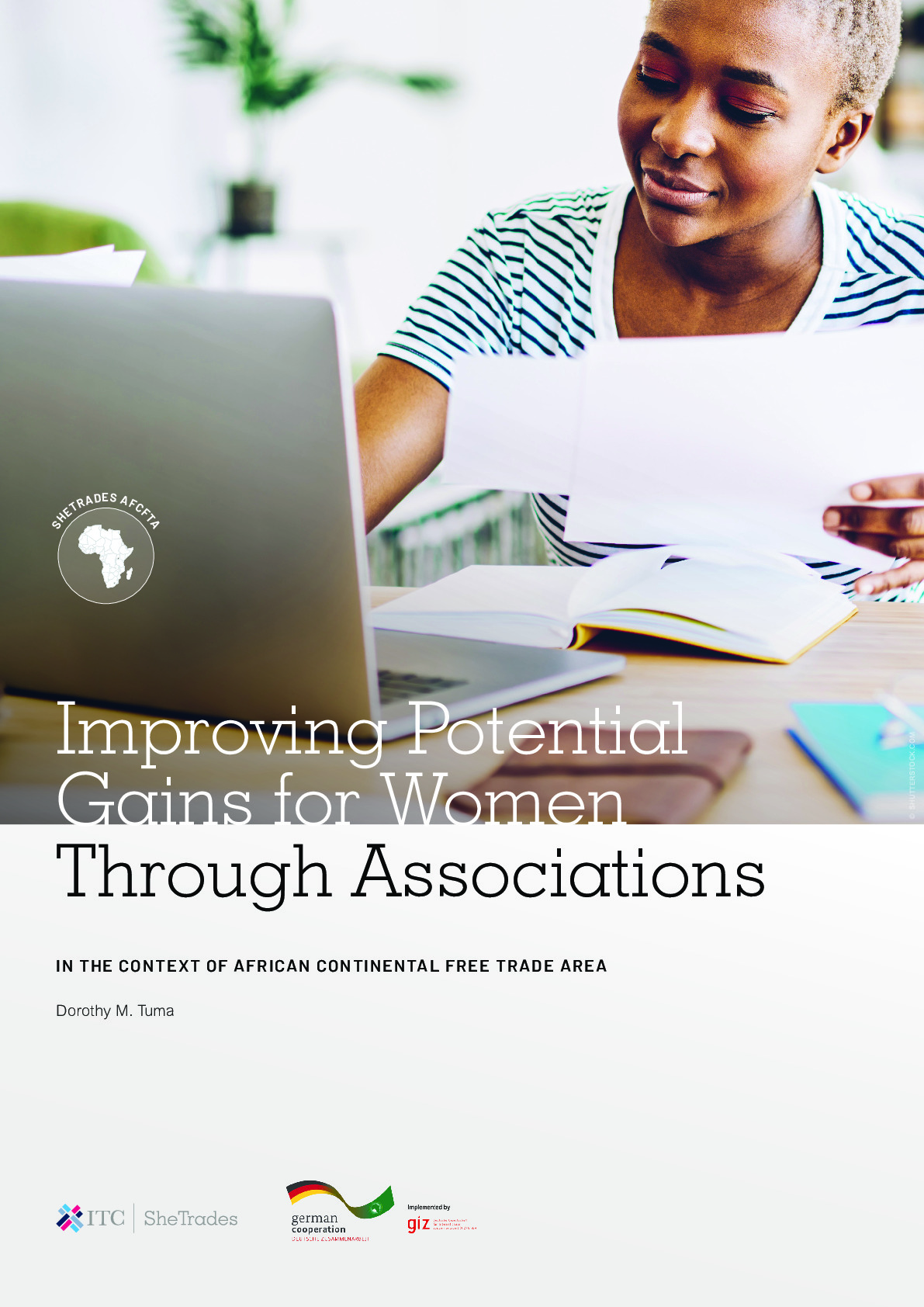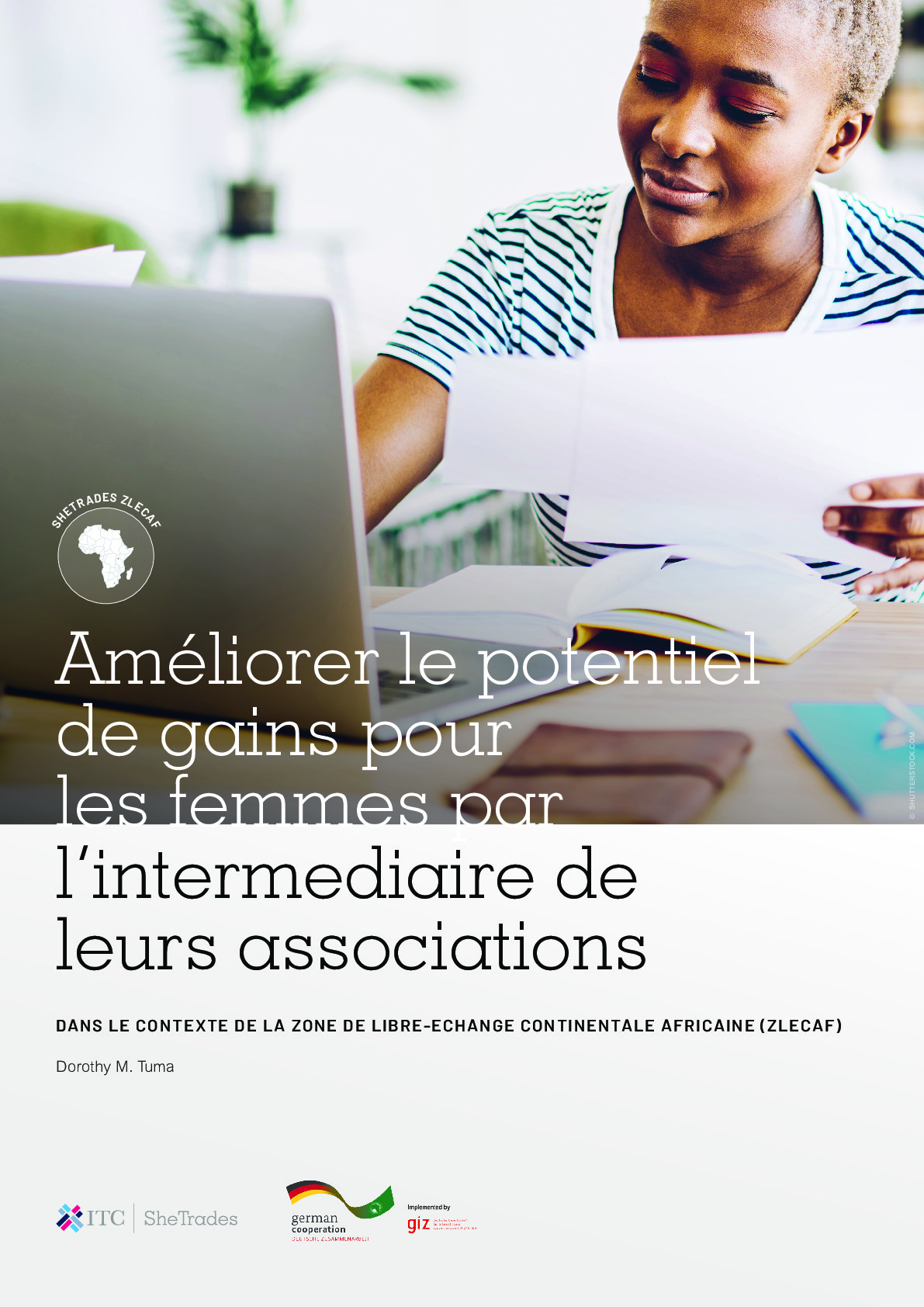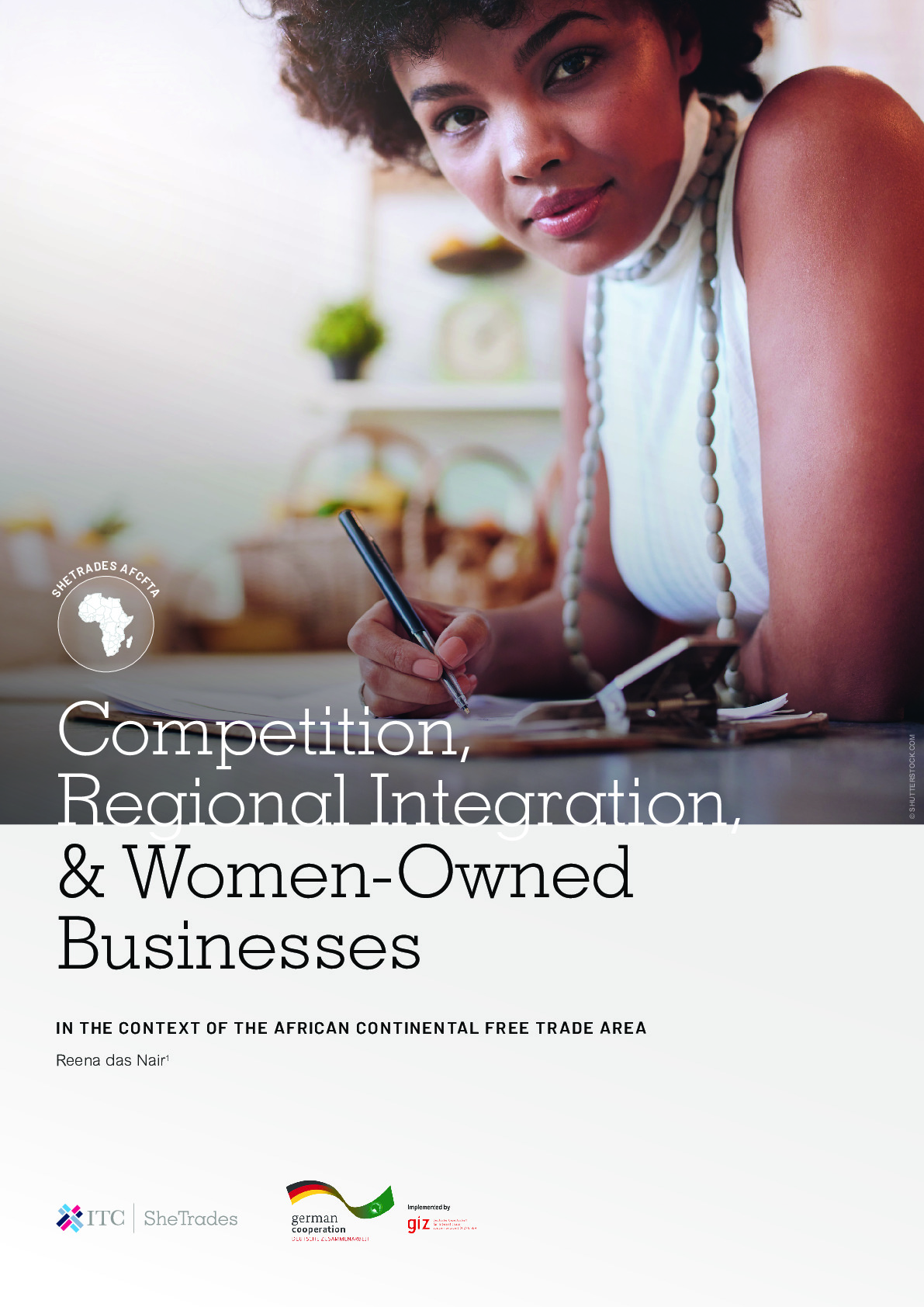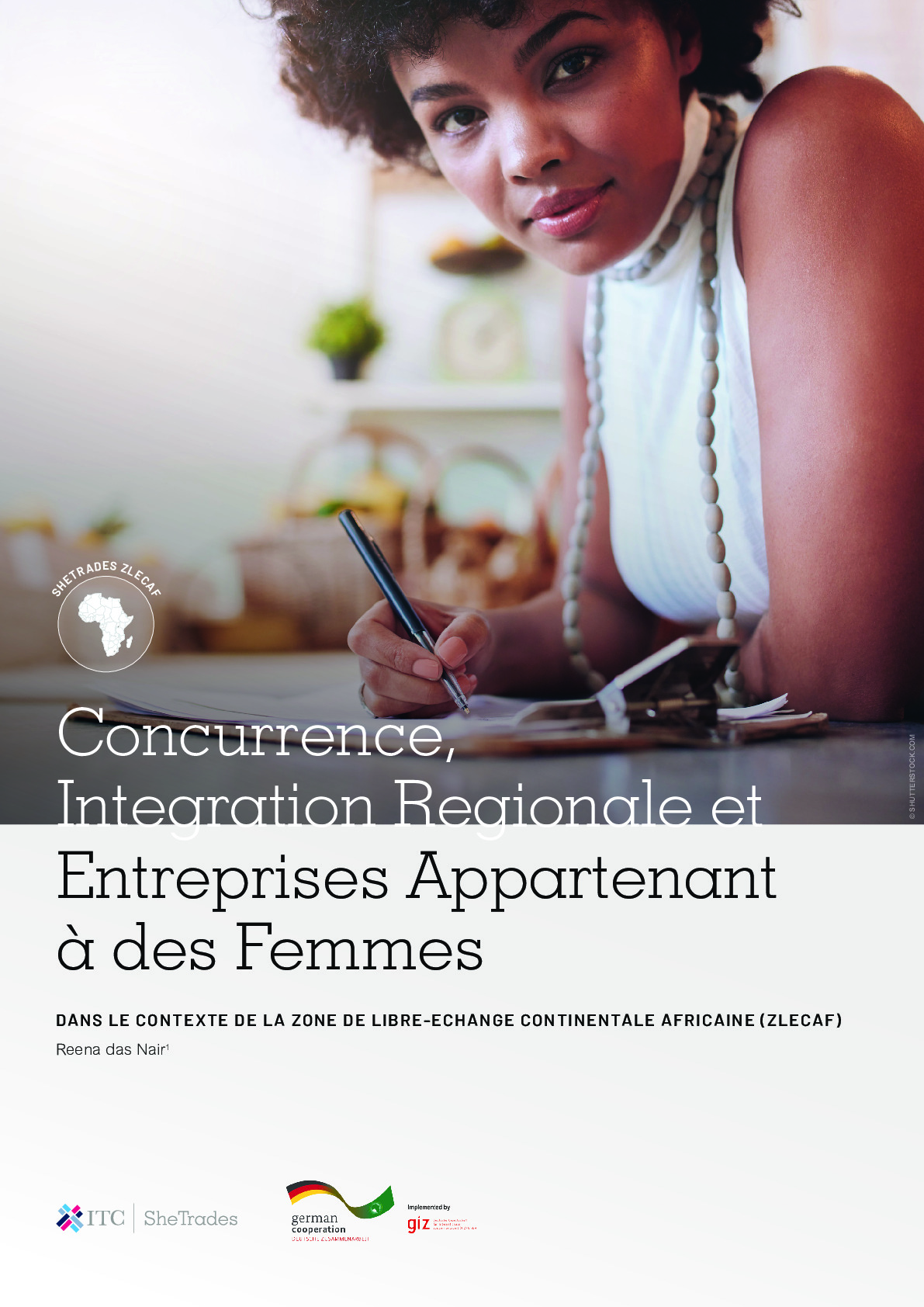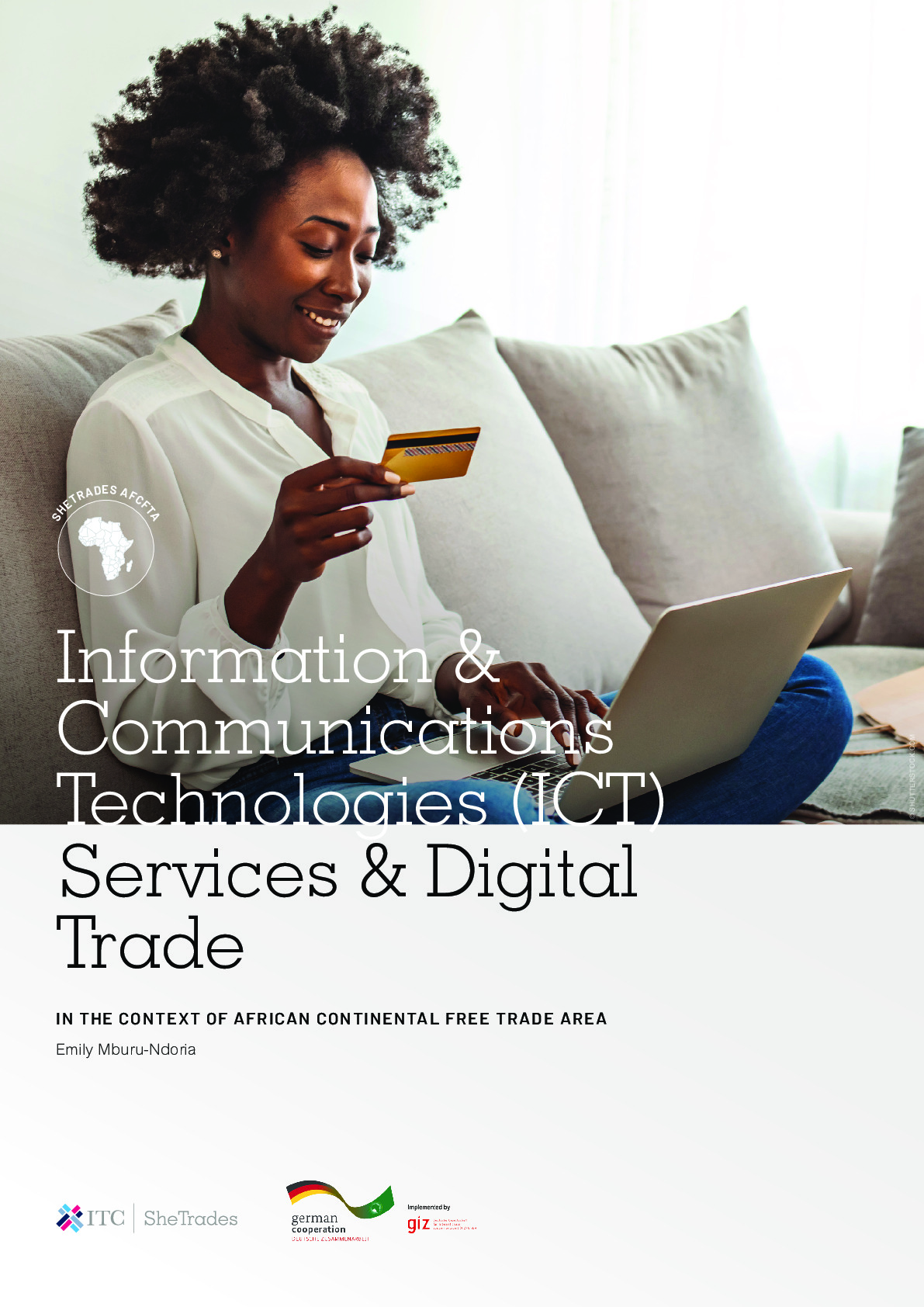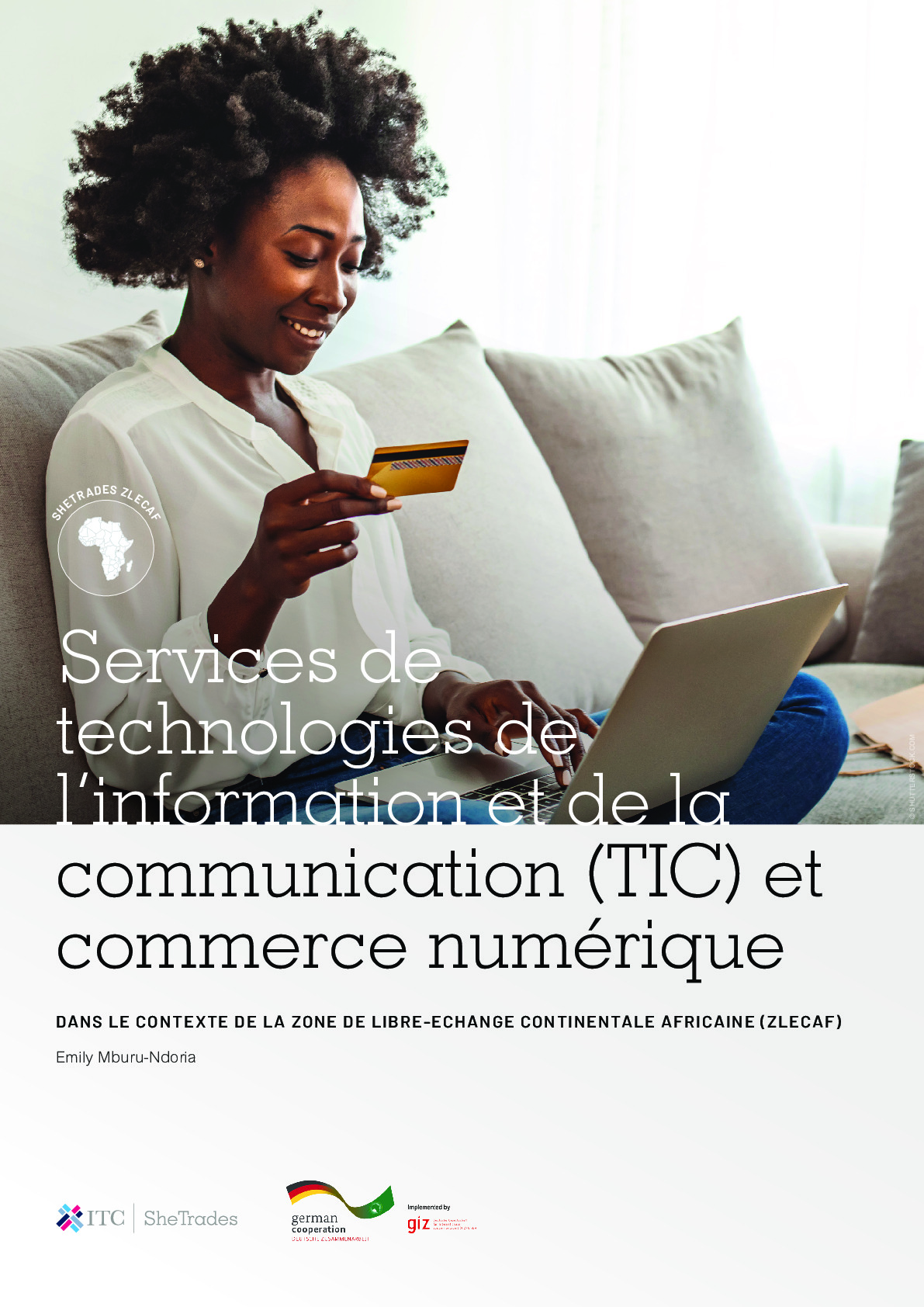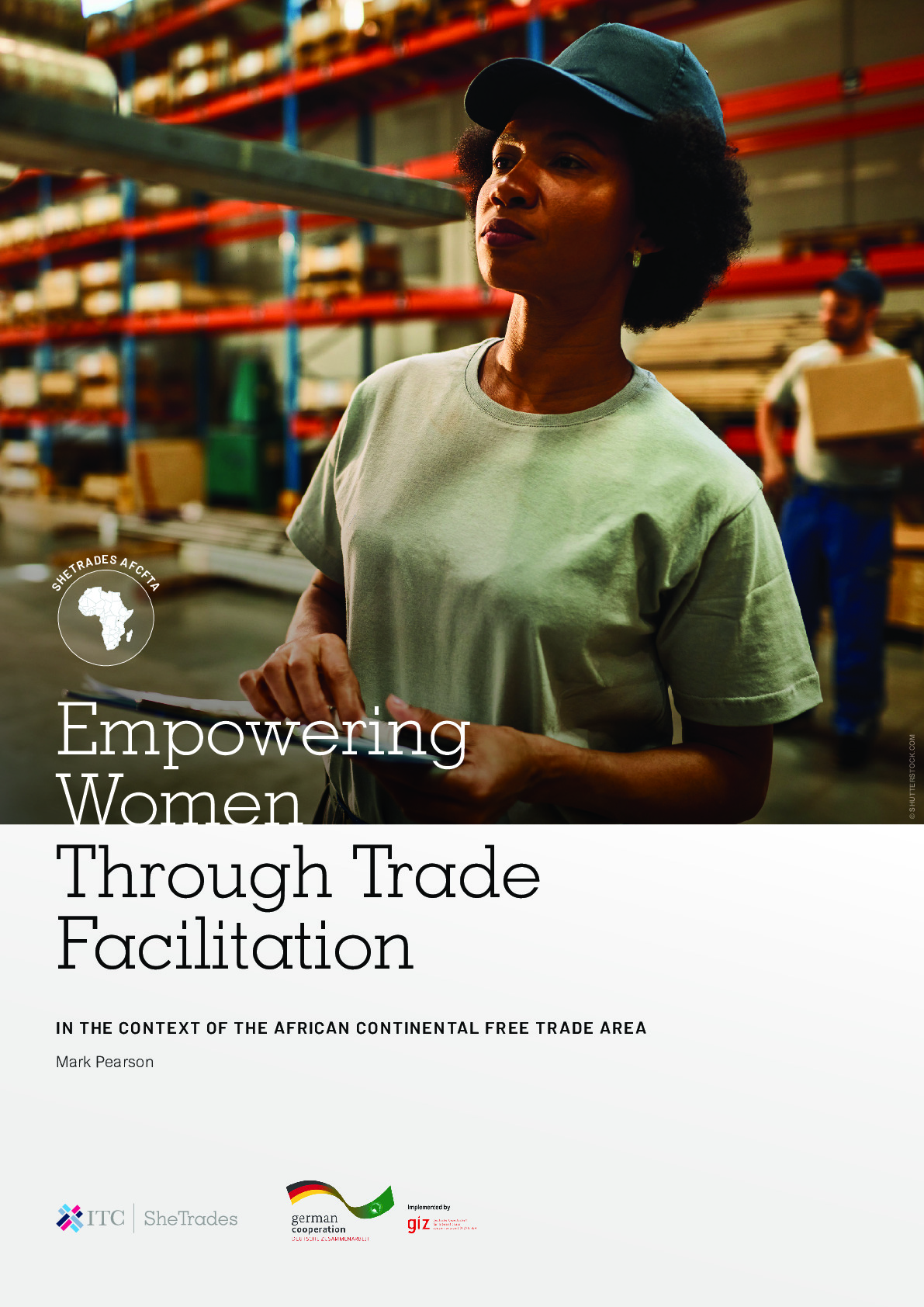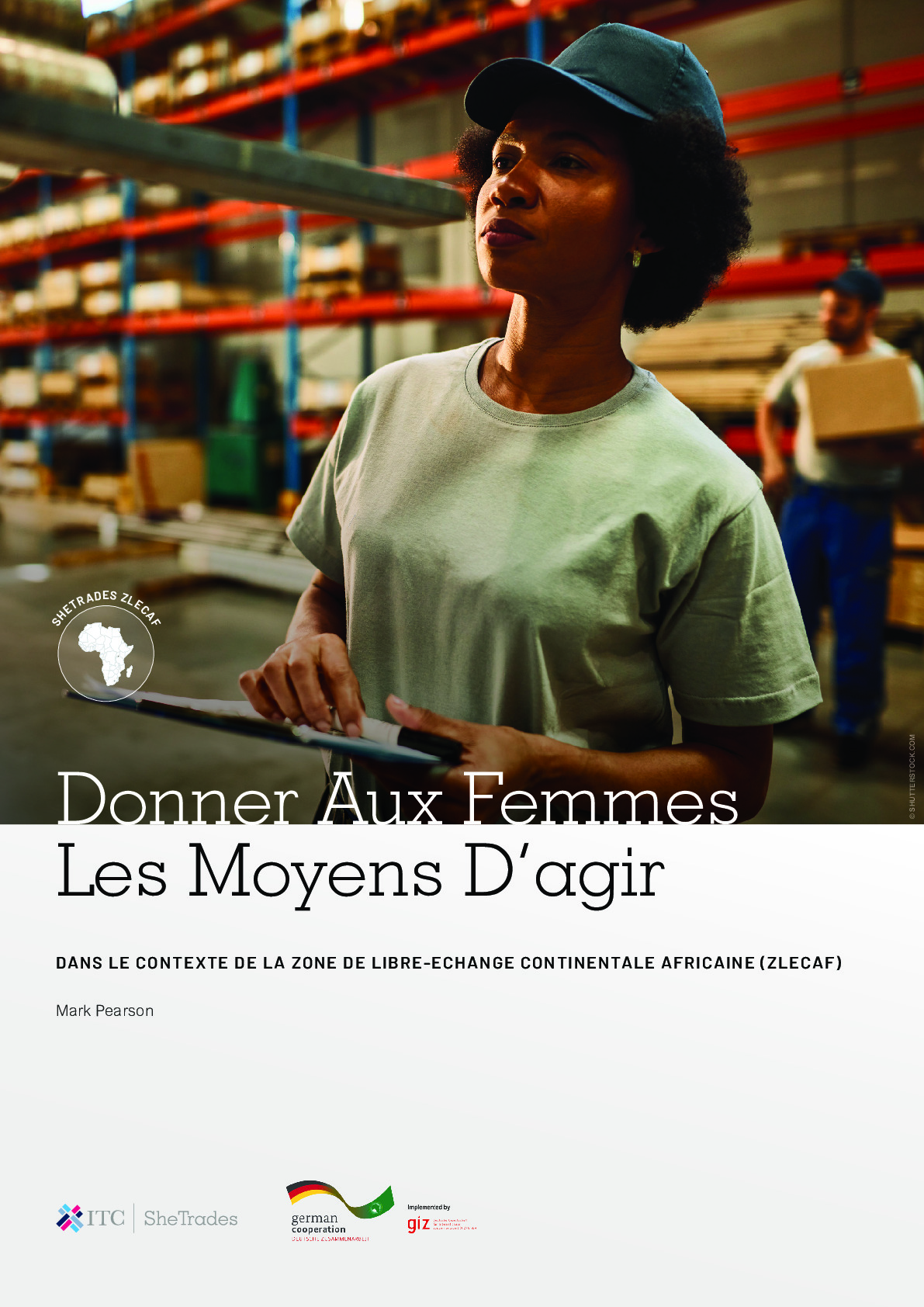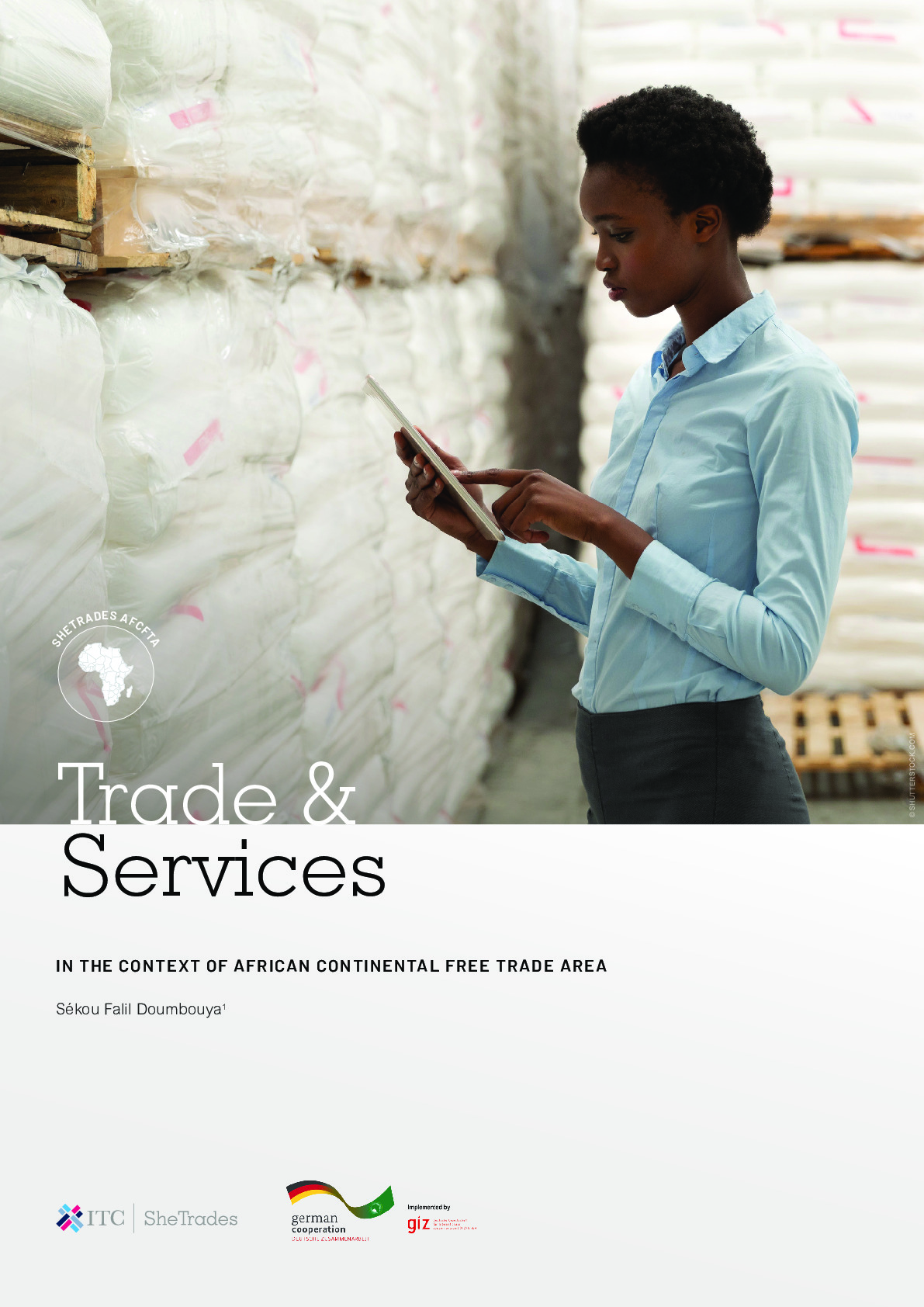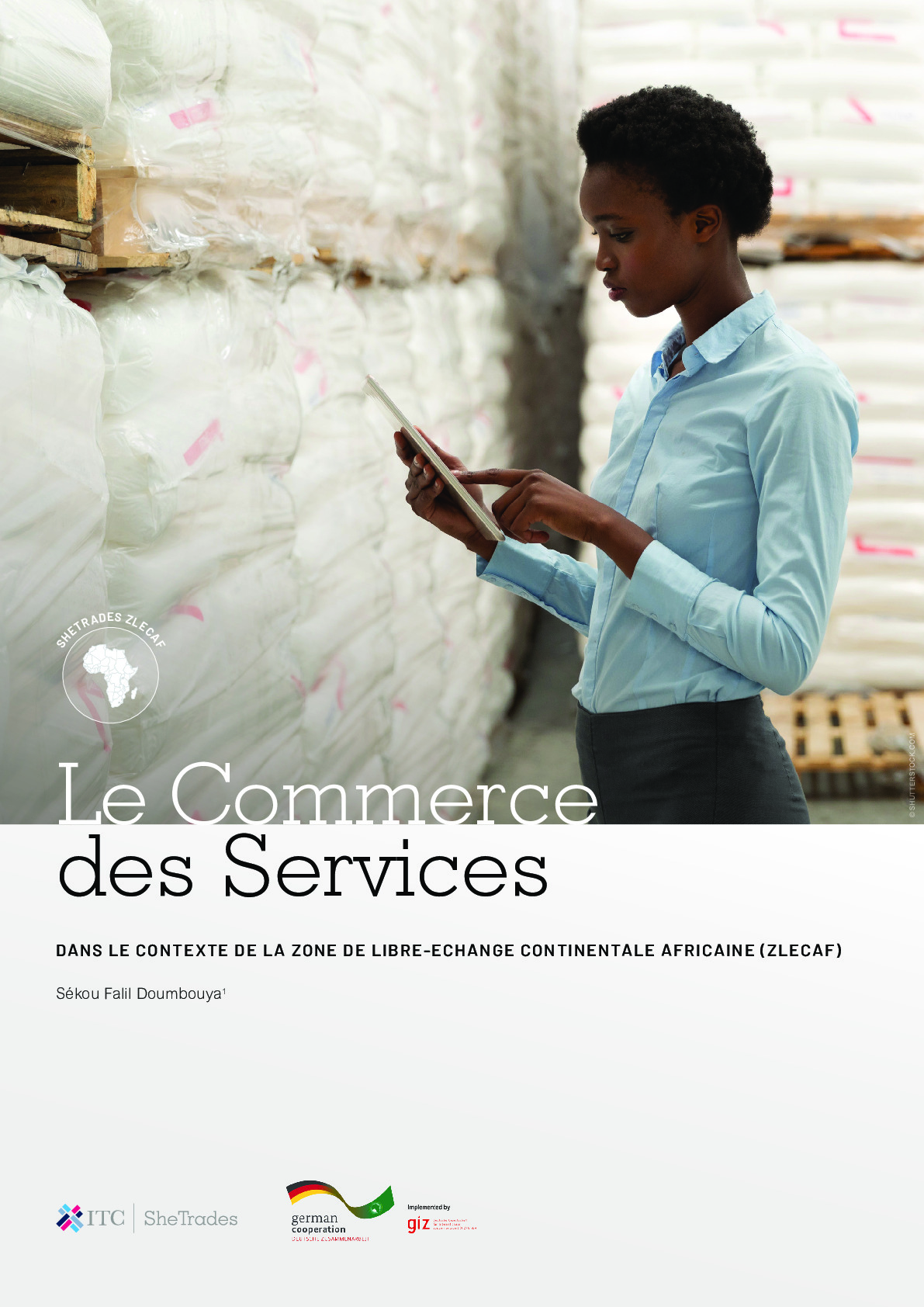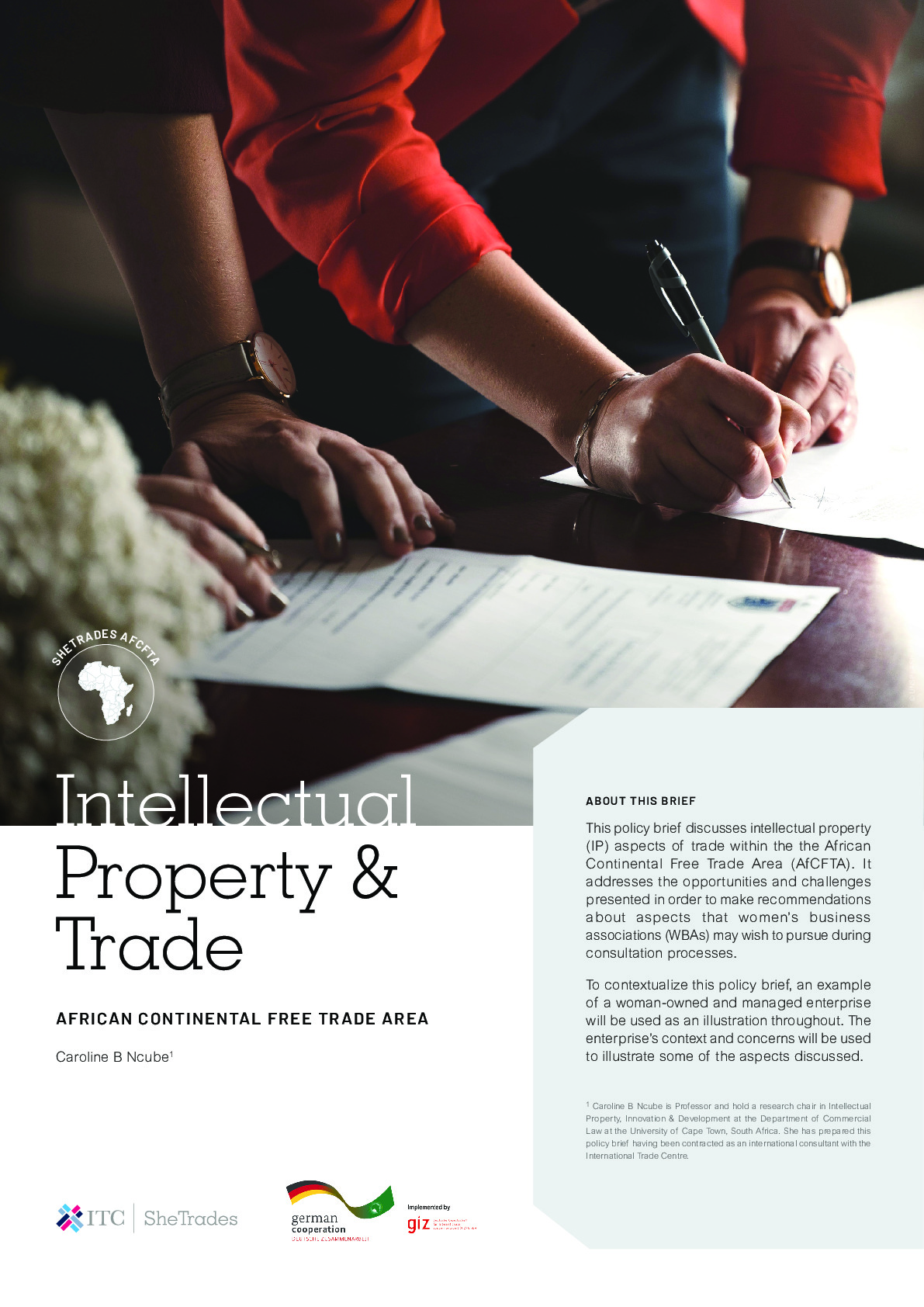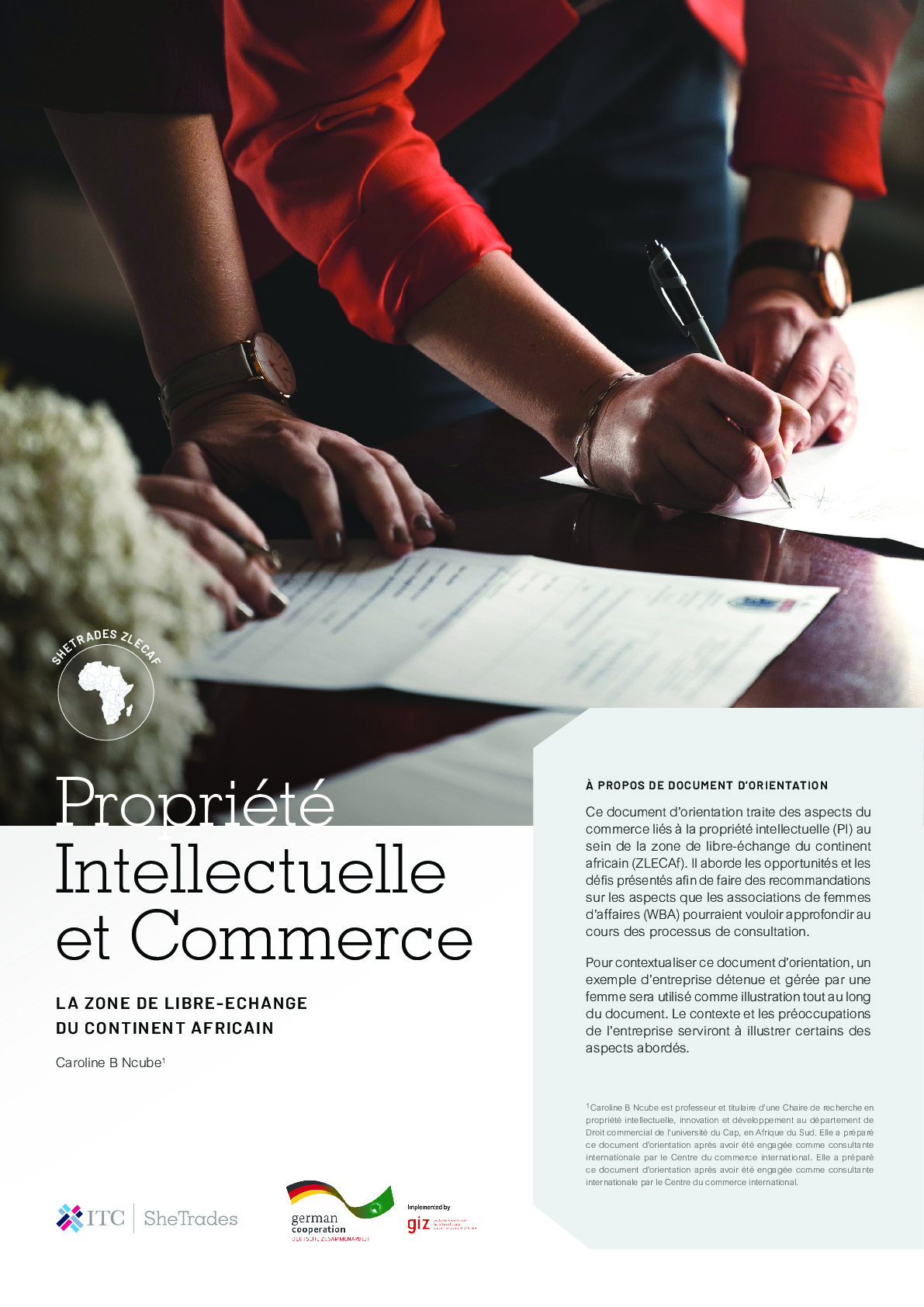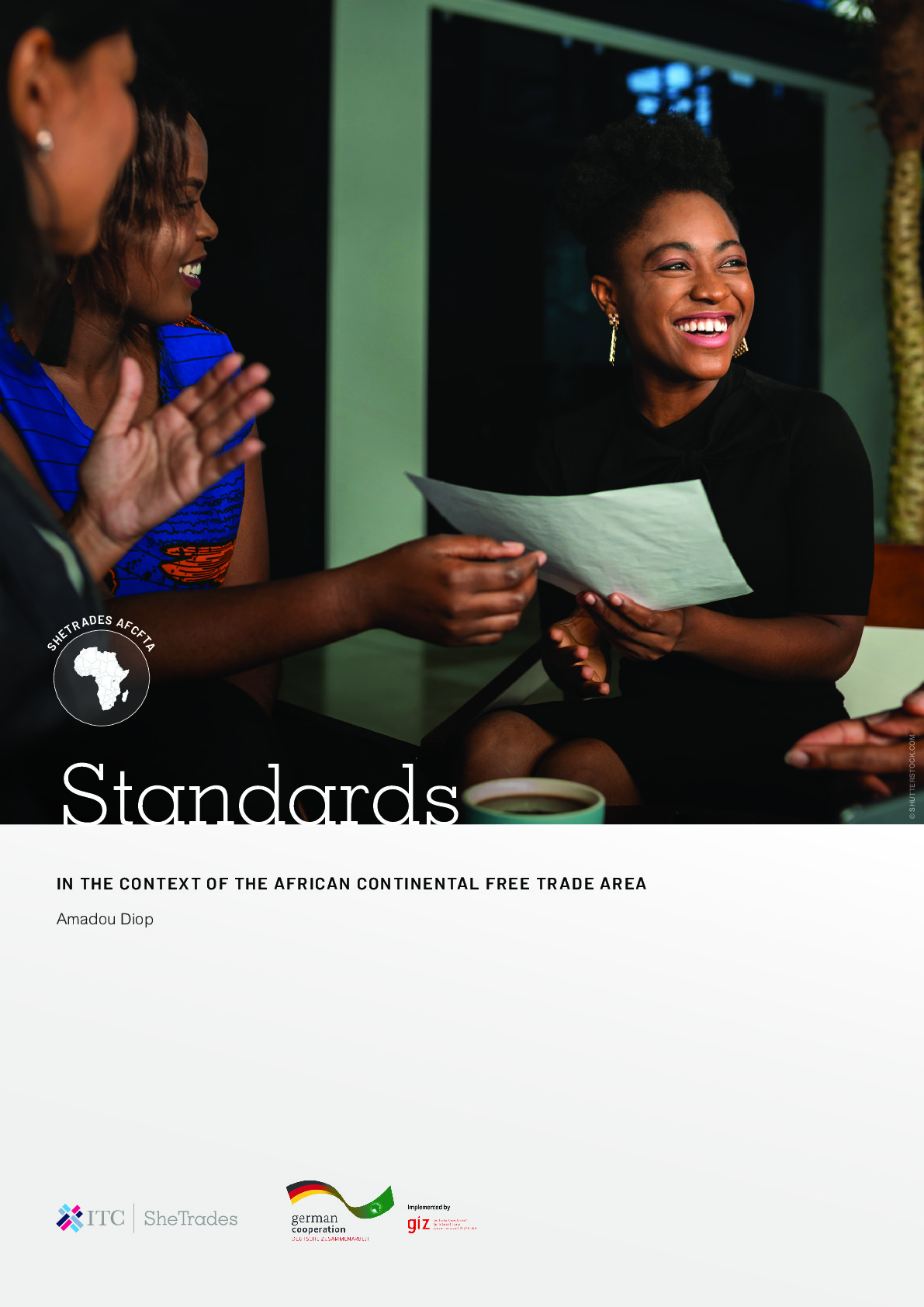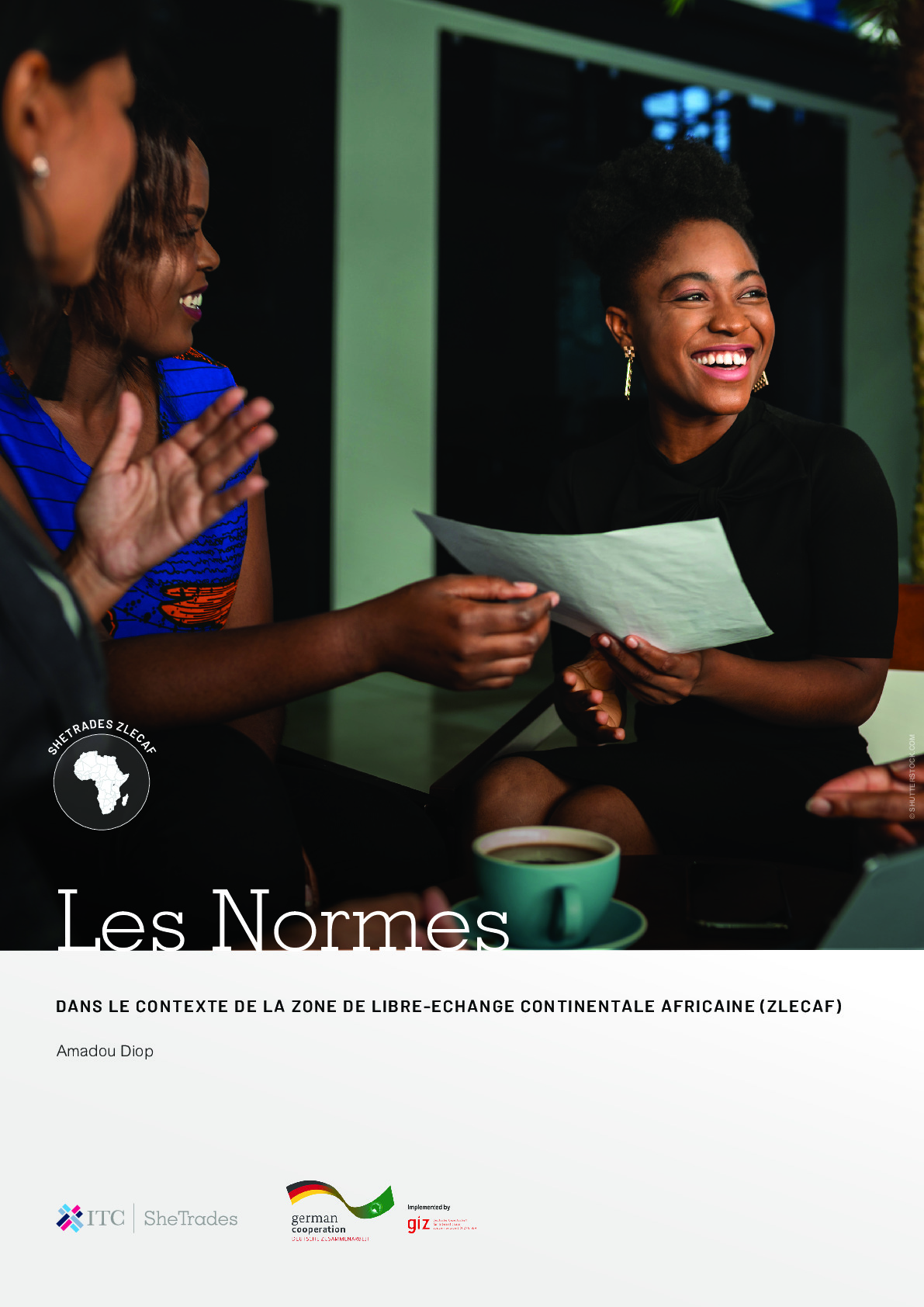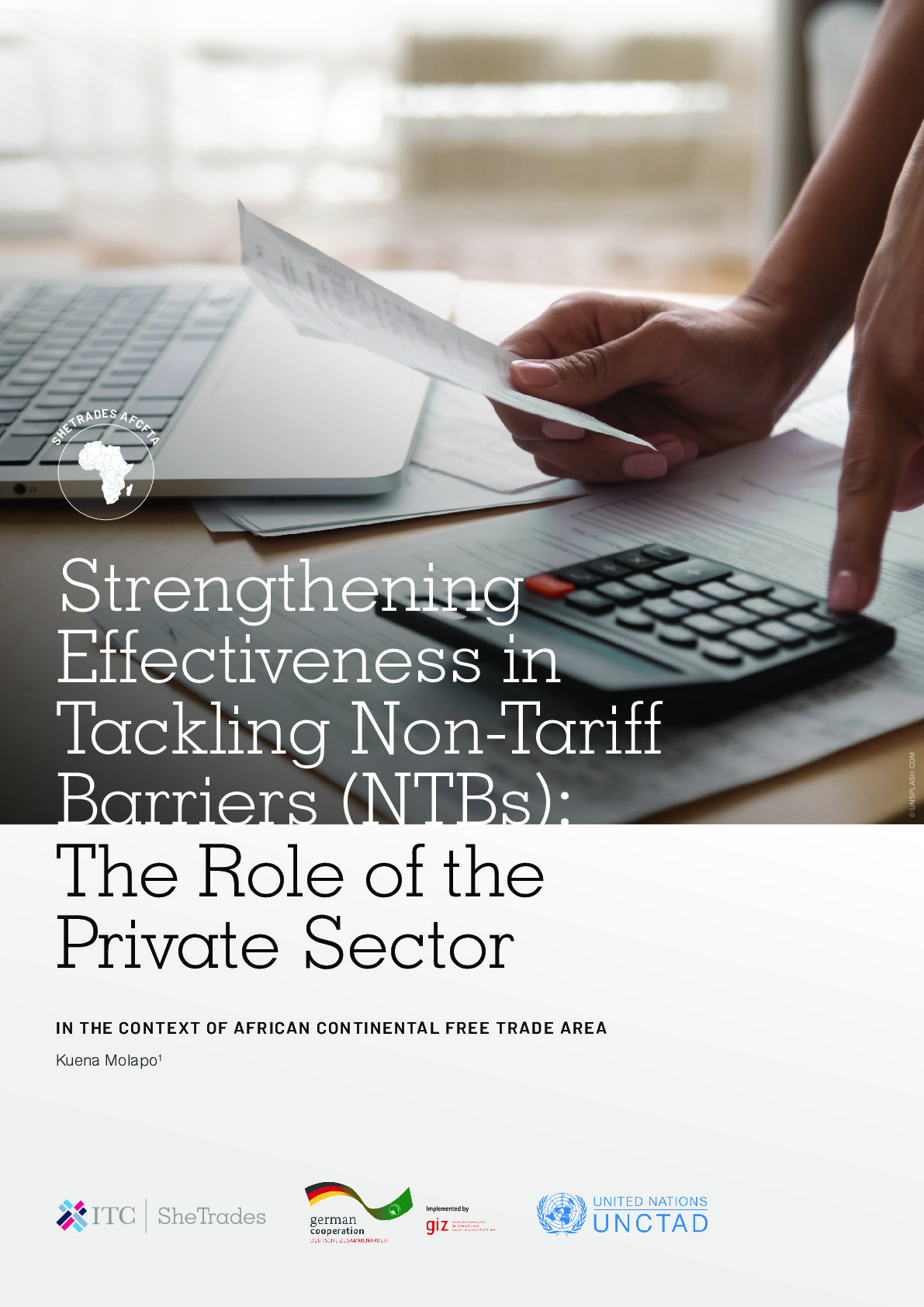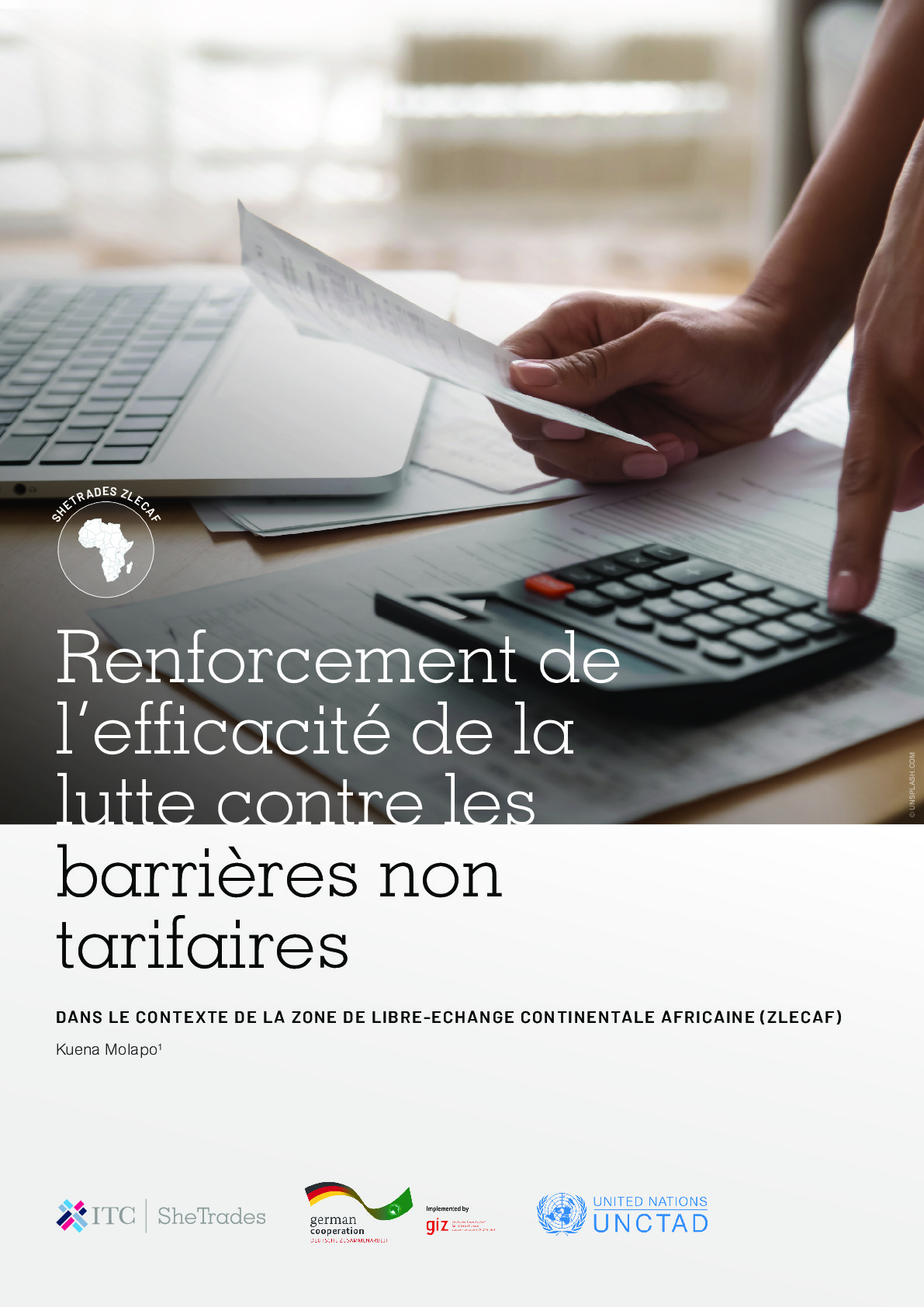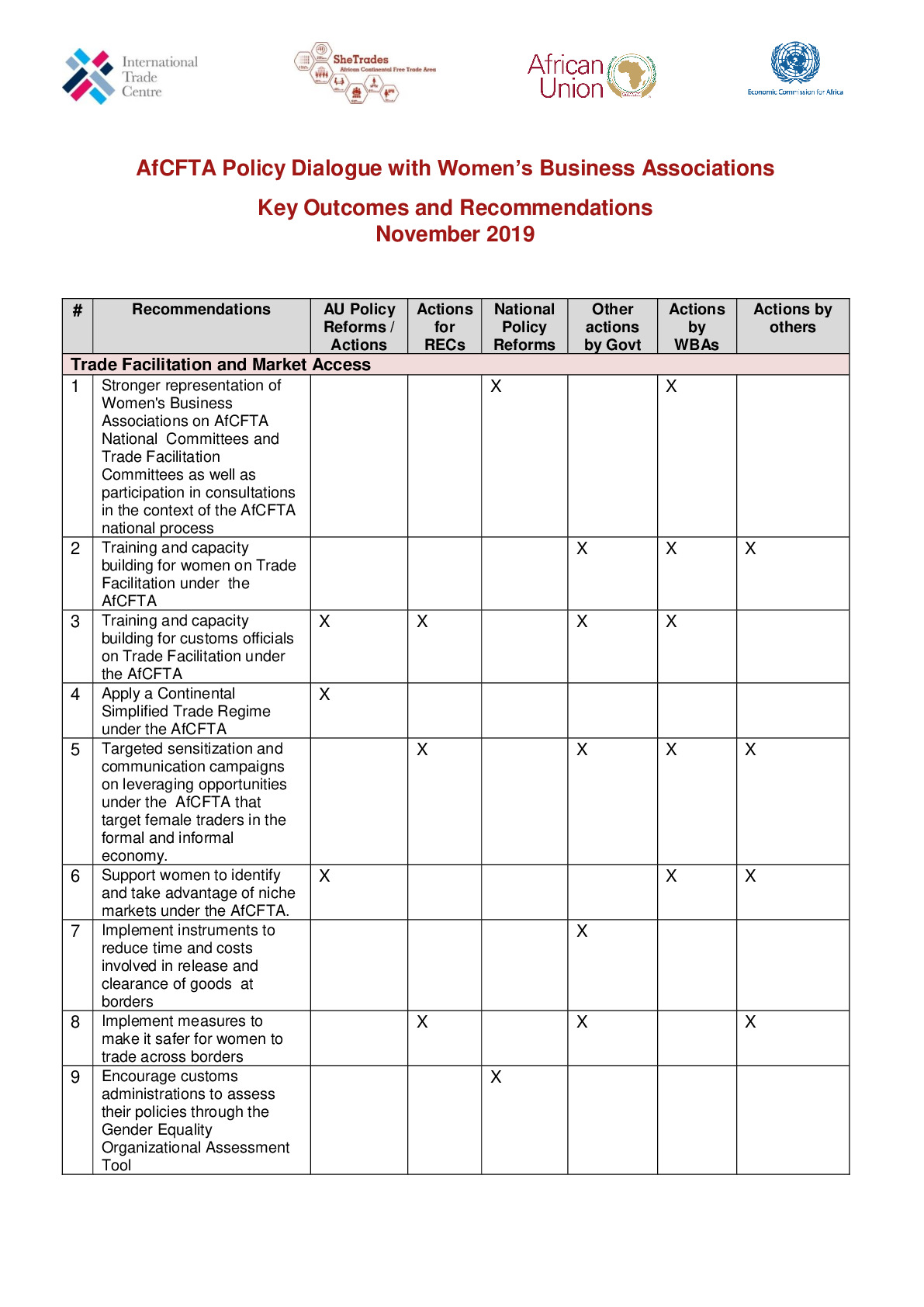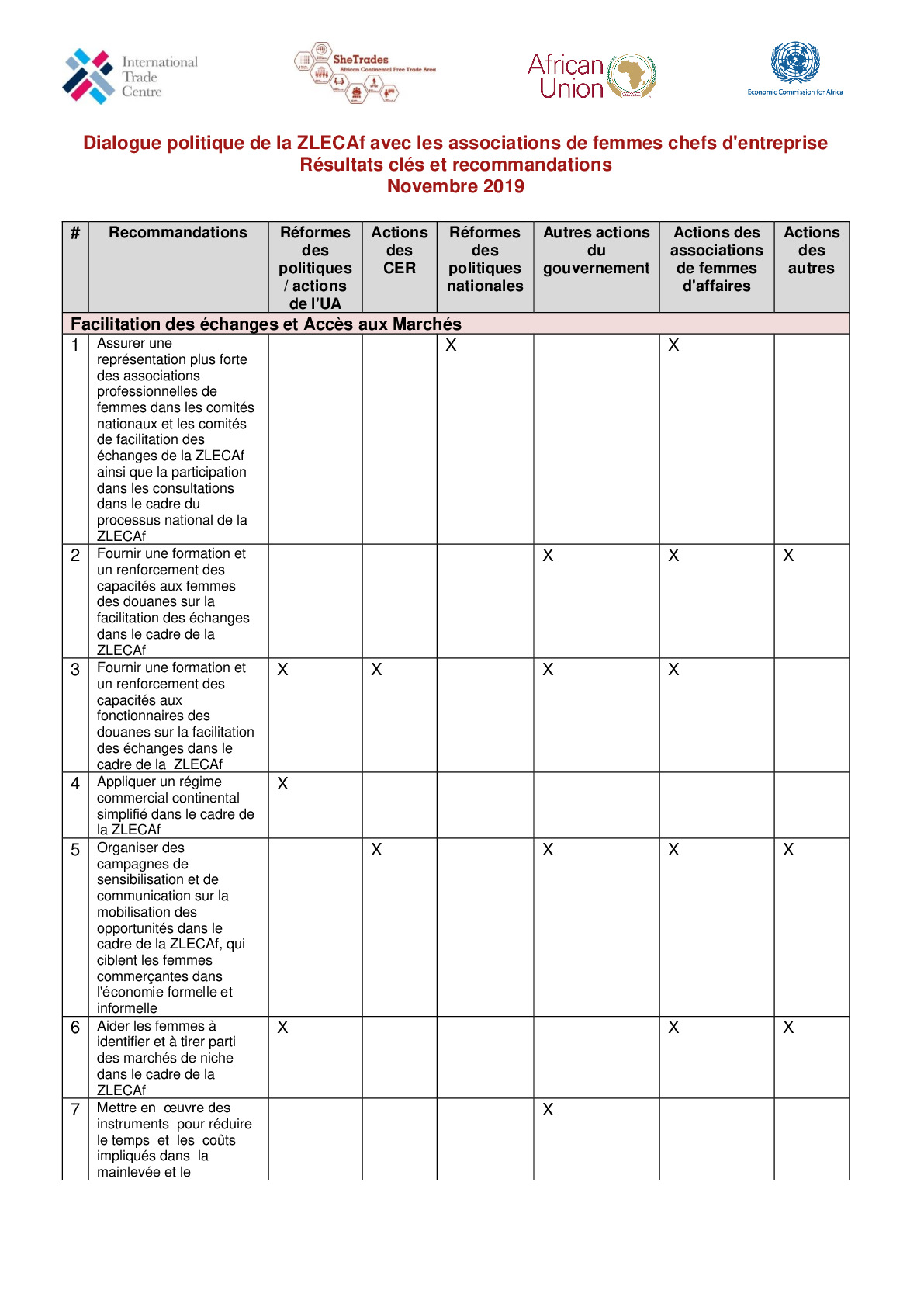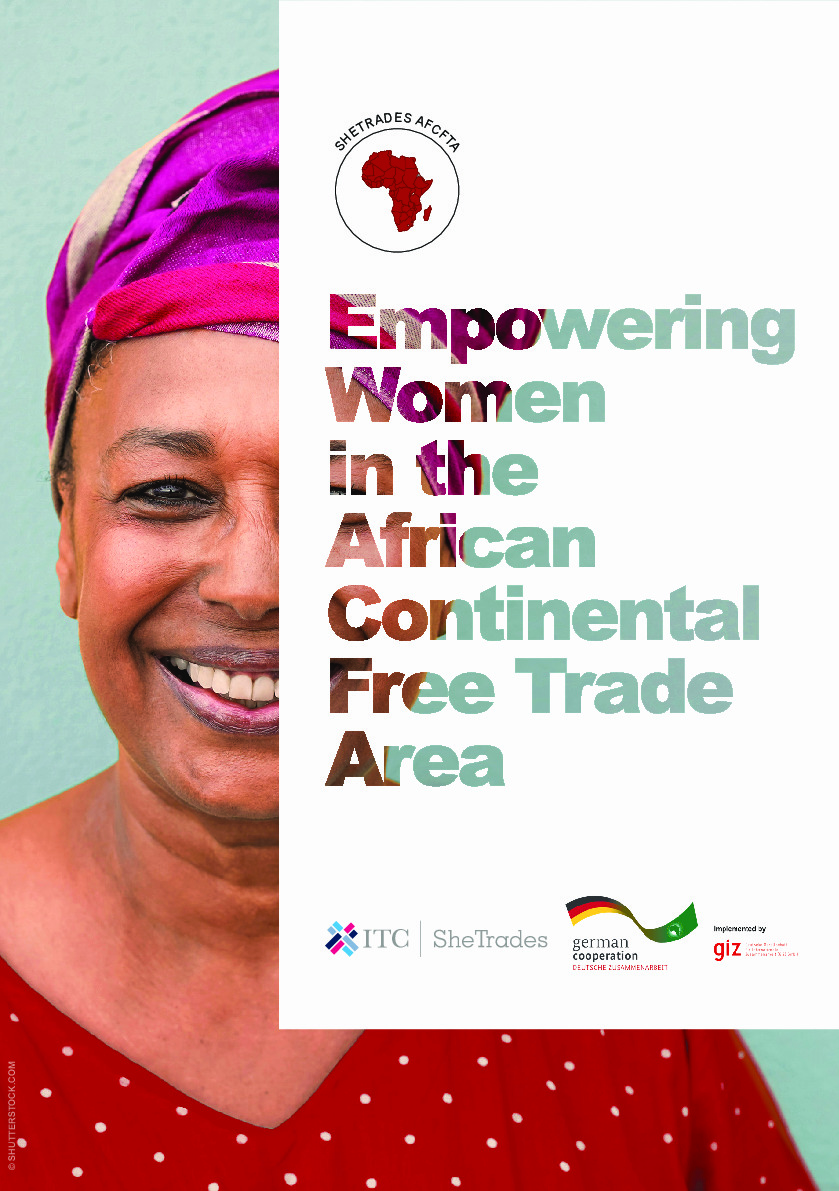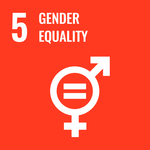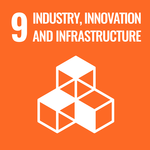Panel on : Export Preparedness for the new EU Directive on Corporate Sustainability Due Diligence
Kigali
<p>The European Parliament recently approved an EU-wide directive on mandatory corporate sustainable due diligence, which will hold downstream supply chain actors in EU member states accountable for their impact on people and planet on a legal basis. While this is a move in the right direction, there will be some effects on non-EU suppliers, including coffee producers, that will need to be mitigated through important accompanying measures that ITC is working on with the EU. </p><p>There are many questions buzzing now across the coffee industry: How will this shift from voluntary to mandatory affect us? Will the cost of doing business go up? How will suppliers deal with compliance demands? Will the burden of proof be shifted down to suppliers? Who will absorb the costs this transformation requires? Last but not least, what are the opportunities and benefits linked to this radical shift? </p><p>The recently published 4th edition of ITC’s Coffee Guide, the world's most comprehensive, practical source for the international coffee trade, contains comprehensive information of the global coffee sector.The guide was an effort in co-creation and informed through consultation with over 70 industry actors from across the value chain. Chapter 2 provides a comprehensive summary of the coffee sector's sustainability landscape - its evolution, a breakdown of certifications, what is happening 'beyond certification' and where we stand today. It also refers to the latest shift from voluntary to mandatory environmental and human rights due diligence.</p><p>This panel discussion will provide a primer on the EU Sustainability Standards, explaining what they mean and its implication, especially for smallholder farmers in Africa. Panelists will discuss:</p><ul><li>What are the basic components of the sustainability standards?</li><li>What is their anticipated impact on global supply chains? Could they impact trade routes or lead to more intra-regional trade?</li><li>How can different players in the industry prepare for the upcoming regulations?</li></ul><p>Contact: Katherine Oglietti, Coffee Guide Network Coordinator for Alliances for Action at the International Trade Centre (ITC): <a href="mailto:koglietti@intracen.org">koglietti@intracen.org</a></p>




